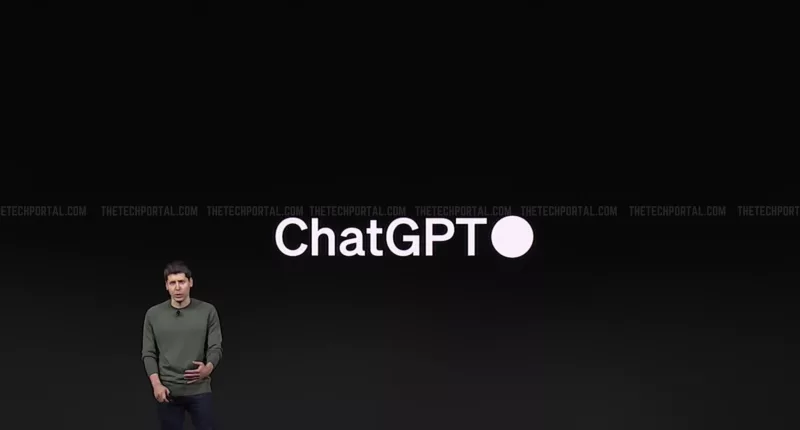It seems that OpenAI is pushing ChatGPT deeper into your workday than ever before. The AI firm has brought new capabilities to its chatbot to expand its utility for business users. ChatGPT will now come with “connectors” for integrating with various third-party cloud services and a “record mode” for transcribing meetings.
These “connectors” allow ChatGPT Team and ChatGPT Enterprise users to access and process data from several cloud storage and collaboration tools. These integrations include Google Drive, Dropbox, SharePoint, Box, and OneDrive. This functionality enables users to query information directly from their internal documents and files without exiting the ChatGPT interface. This means that users can ask ChatGPT questions and receive answers based on internal documents, reports, and presentations – thus eliminating the time spent searching across various platforms. For example, a financial analyst could leverage company slide decks and reports to generate an investment thesis, or a marketing professional could derive insights from product presentations.
OpenAI has confirmed that these connectors will adhere to an firm’s existing access control hierarchies, ensuring data security and compliance with file permissions. A “Google Drive Synced Connector” is also available for ChatGPT Team, Enterprise, and Edu users with a Google Workspace plan, which can pre-sync content from Google Drive to improve response speed and quality. OpenAI states that, by default, information accessed via connectors for Team, Enterprise, and Edu customers is not used to train its models. However, for ChatGPT Free, Plus, and Pro users, the “Improve the model for everyone” setting will be enabled by default but can be disabled.
In addition to cloud storage integrations, OpenAI is rolling out “record mode” within ChatGPT. Initially available for ChatGPT Team users on macOS, this feature allows users to record and transcribe meetings and brainstorming sessions. The system can generate structured notes, complete with overall summaries, key points, action items, and time-stamped citations, providing a reference for specific spoken content. “We’re also rolling out ChatGPT record mode to Team users on macOS. Capture any meeting, brainstorm, or voice note. ChatGPT will transcribe it, pull out the key points, and turn it into follow-ups, plans, or even code. Coming soon to Plus, Pro, Enterprise, and Edu,” OpenAI announced in a post on X.
This recorded information can also be integrated with existing internal documents and files through the connectors, allowing for more comprehensive insights. Users will also have the option to convert action items derived from recordings into a Canvas document, OpenAI’s tool for writing and coding projects. This feature positions ChatGPT in competition with productivity suites from companies like Zoom, ClickUp, and Notion, which have recently added similar transcription and meeting summarization capabilities.
OpenAI is also introducing “deep research connectors” in beta, further augmenting ChatGPT’s research capabilities. These connectors link ChatGPT to external tools and platforms such as HubSpot, Linear, and selected offerings from Microsoft and Google. Utilizing the Model Context Protocol (MCP), these integrations enable ChatGPT to perform autonomous research, drawing knowledge and data from these external sources alongside web information to produce comprehensive, cited reports. MCP support will be available to Pro, Team, and Enterprise users, potentially expanding compatibility with a wider range of platforms that adopt the protocol, such as Replit, Atlassian, Cloudflare, and Zapier.
The Tech Portal is published by Blue Box Media Private Limited. Our investors have no influence over our reporting. Read our full Ownership and Funding Disclosure →






